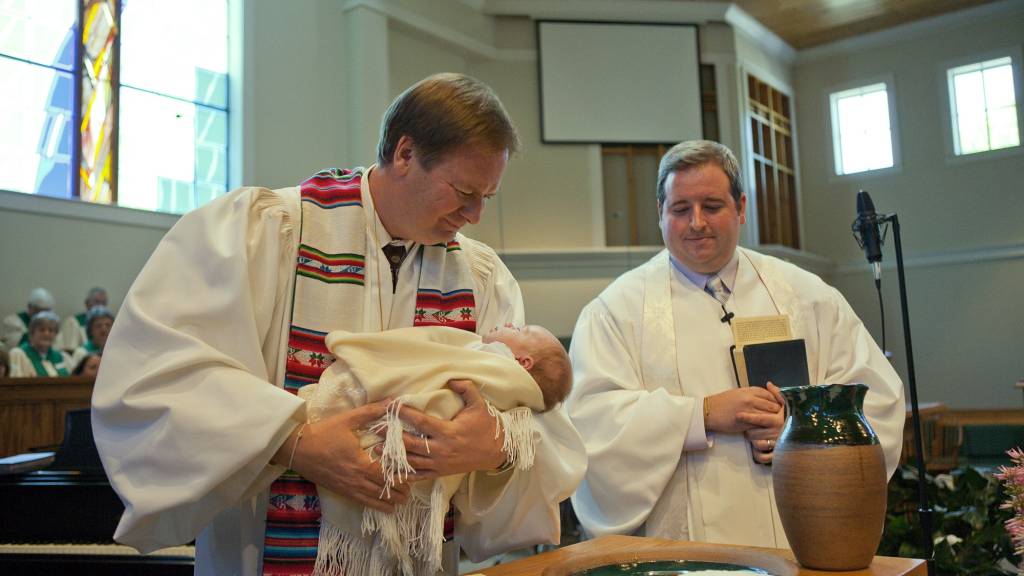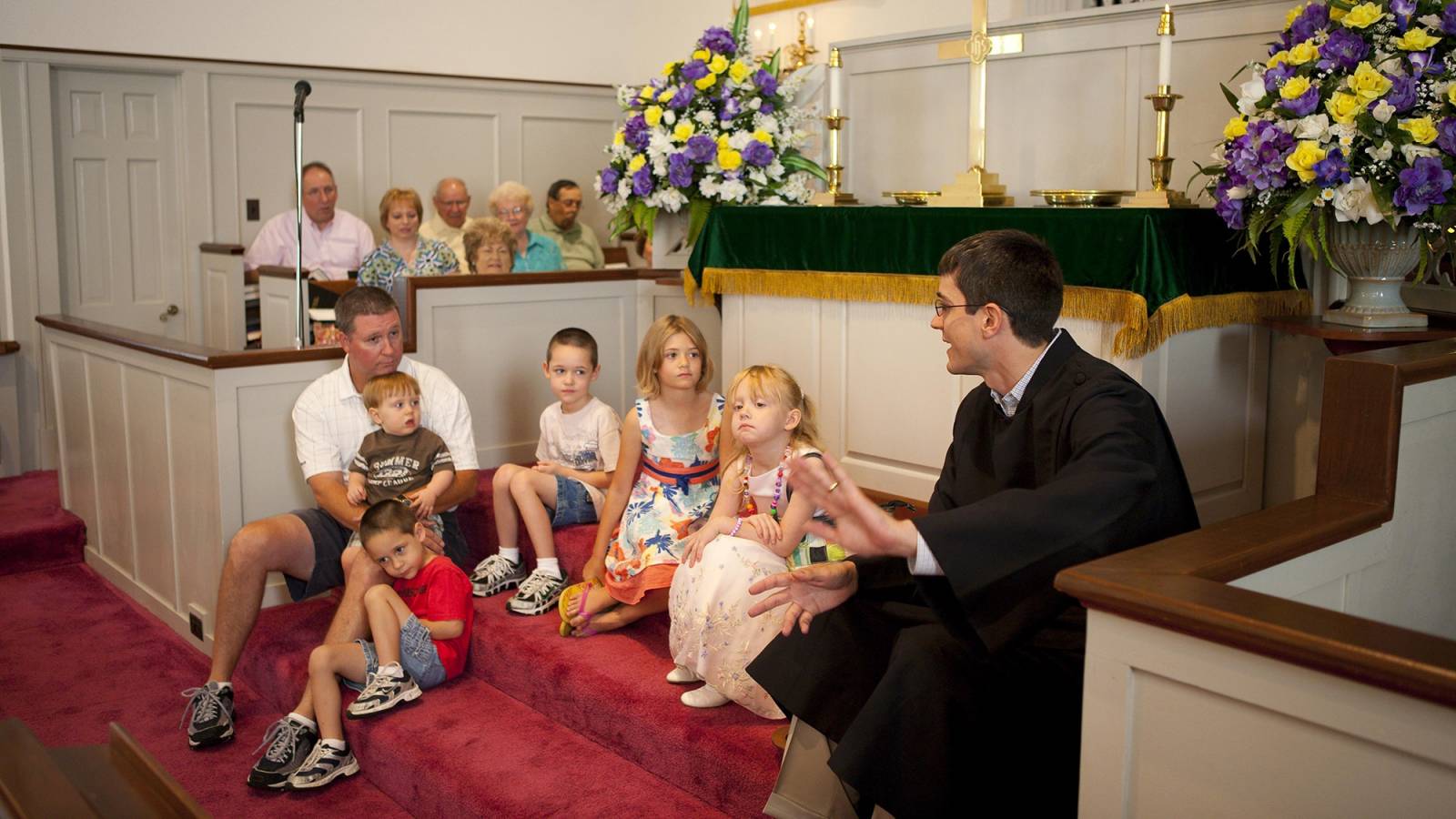Challenge
Developing leaders for the complex and dynamic ministry challenges in North Carolina’s rural communities helps churches advance those communities.
Developing leaders for the complex and dynamic ministry challenges in North Carolina’s rural communities helps churches advance those communities.
The Endowment, the North Carolina Conference and the Western North Carolina Conference of The United Methodist Church, and Duke Divinity School developed the Thriving Rural Communities Initiative to help rural pastors take the lead in creating more viable communities.
Thriving Rural Communities Initiative participants consistently rate activities as very valuable, and rural church leadership has increased.
An outside evaluator reported many common elements of thriving rural churches, including awareness of their history and identity, resilience, embracing change, looking inward and appreciation of young people, among others.
We believe that rural churches are anchor institutions that can serve as catalysts for human, community and economic advancement in the communities they serve. Developing leaders for the complex and dynamic ministry challenges in North Carolina’s rural communities is a primary focus of our grantmaking investments.

The Duke Endowment and the United Methodist Church have deep roots in North Carolina’s rural communities and understand the importance that churches can play in ensuring the vitality of these communities. To strengthen rural churches, the Endowment, the North Carolina Conference and the Western North Carolina Conference of The United Methodist Church, and Duke Divinity School developed the Thriving Rural Communities Initiative in 2006. These partners continue to collaborate on strategic approaches to reach their common goals and together envision, plan for, and implement new ideas for the program.
Thriving Rural Communities focuses on leadership development — both in preparing clergy for service in rural churches and in strengthening the churches for community leadership roles. The initiative builds stronger leaders through:
Rural Ministry Fellowships
The Rural Ministry Fellows program selects students each year from Duke Divinity School to participate in intensive study and rural field placements that will prepare them for service in North Carolina’s rural United Methodist churches. Rural Fellows are provided full scholarships for their campus studies and stipends for field placements. In exchange, they agree to serve in a rural North Carolina church for at least five years after graduation.
Since the Thriving Rural Communities Initiative began, more than 100 Rural Ministry Fellows have graduated from the program. In addition to serving as pastors of congregations, Fellows have been appointed as a district superintendents, district vitality associates, and have taken on leadership roles in the conferences and at Duke Divinity School.
Fellows form a close-knit group and attend activities such as Rural Ministry Colloquia and an annual retreat. They also have encouraged their peers on campus to attend colloquia and learn more about rural ministry. These sessions continue upon graduation.To help prepare ministers for service in rural congregations, The Duke Endowment supports several clergy leadership programs at Duke Divinity School.
A previous evaluation for the Thriving Rural Communities Initiative reported that the common elements of thriving rural churches include:

Examining the benefits of fostering leadership for rural congregations.
Examining the benefits of fostering leadership for rural congregations.